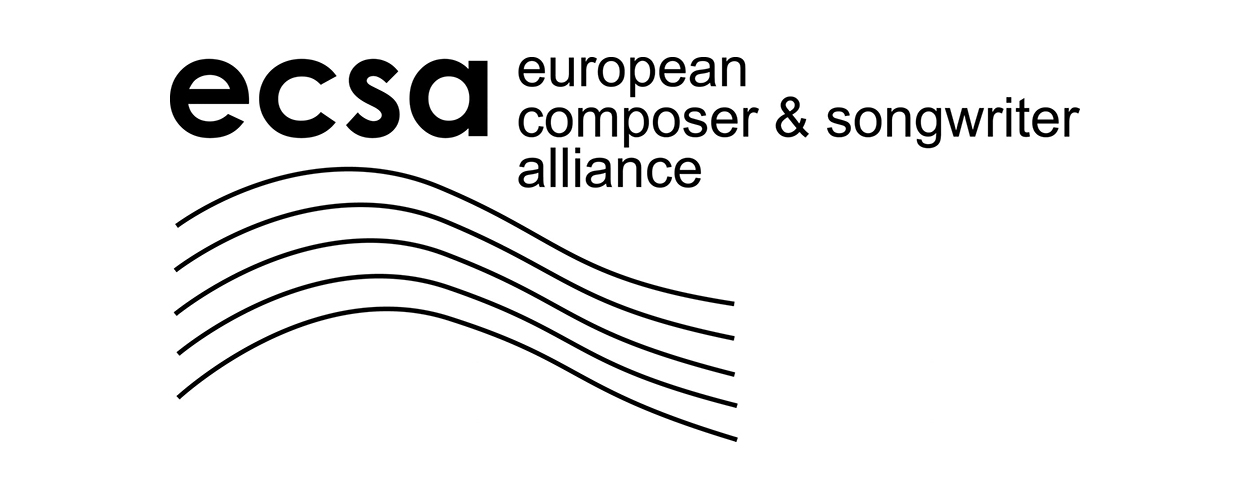This website uses cookies so that we can provide you with the best user experience possible. Cookie information is stored in your browser and performs functions such as recognising you when you return to our website and helping our team to understand which sections of the website you find most interesting and useful.
Business News Labels & Publishers
ECSA says new GEMA study puts spotlight back on digital pie debate
By Chris Cooke | Published on Tuesday 6 September 2022

The European Composer & Songwriter Alliance has welcomed a new report on the streaming market in Germany commissioned by German song rights collecting society GEMA which, it says, echos many of the findings of the UK Parliament’s Economics Of Music Streaming inquiry. In particular, that “streaming is booming but music creators are far from getting a fair share from music streaming revenues”.
The GEMA study – undertaken by Goldmedia – reviews how the Spotify-style streaming business works and how digital income is shared out across the music community, with 50-55% of revenues flowing to the recording rights, shared between artists and labels, and 10-15% to the song rights, shared between songwriters and publishers. Researchers also interviewed a team of experts on the German streaming market and surveyed more than 4000 GEMA members.
Among ten key findings were that, on average, “music creators, ie musicians and [songwriters] together, receive about 22% of the net revenues. The share of music creators is thus significantly below the revenue share of the streaming services (30%) and the labels (42%)”.
And also, that “current mechanisms of the streaming economy tend to strengthen the position of older, commercially successful catalogue titles. Newcomers and musical niches are left with a correspondingly lower share of revenues”.
Beyond the digital pie debate, it added: “Playlists and music recommendations based on algorithms have a considerable impact on the reach and the commercial success in the streaming market. However, the underlying criteria [of these algorithms] are perceived as non-transparent by music creators”.
For ECSA, the GEMA study is important for again putting the spotlight on the ongoing debate over whether a higher portion of streaming income should be allocated to the song rights, with either the recording rights or the streaming services getting less as a result.
Responding to the study, it said: “This research analysis further demonstrates that composers and songwriters, who are at the source of all music, are the fifth wheel on the wagon for revenue distribution, with less than 10% of the revenues generated by streaming”.
“Our Alliance and its members have denounced for a long time the extremely low level of remuneration from music streaming”, it added, “largely explained by the conflicts of interests between the recording and publishing arms within the main music majors”.
That particular explanation has been widely discussed within the songwriter community. Basically, because with record deals the label commonly gets the bigger cut of the money, but with publishing deals the songwriter does, for the major music companies it is beneficial if more income flows through the recordings side of the business rather than the publishing side.
The majors strongly deny that their record labels put pressure on their publishing divisions to accept a lower rate from streaming, and the recent market study by the UK’s Competition & Markets Authority concluded that there was no evidence of that happening. However, suspicions remain.
And ECSA said yesterday: “The music industry and policy makers must look at the majors’ dominance in the streaming market, and act now to strengthen the value of songs, evaluate and reform the per stream revenues model and put transparency at the cornerstone of those discussions. There is no more time to lose to engage on this key debate about nothing else than the future of music”.
Meanwhile, ECSA President Helienne Lindvall said: “The music industry is like an inverted pyramid, where the song is at the bottom. The whole industry – including record companies, music streaming platforms and touring businesses – is reliant on and wouldn’t even exist without great songs. They are the fuel and the engine that keeps the whole industry running, yet those who create those songs receive the smallest share of the revenue those songs generate”.
“This study”, she added, “puts this reality into context, confirming that the current state of affairs is unsustainable if we want a thriving and diverse music scene for the future. We urge legislators to listen to us songwriters and composers, and work with us to create a fairer more prosperous industry”.
You can access the GEMA study here and a summary in English here.





